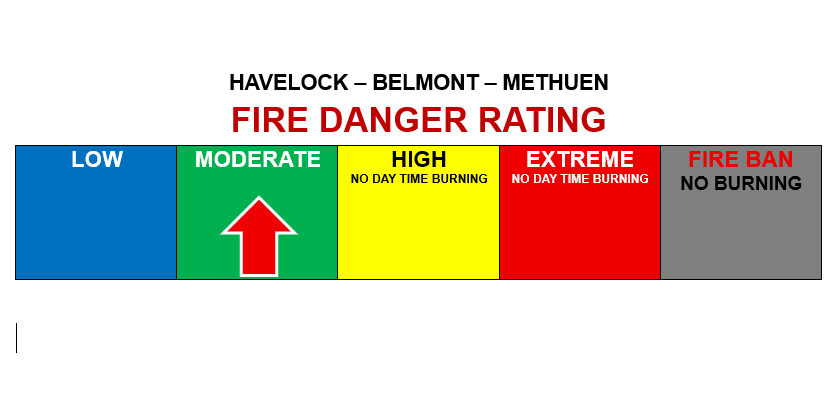For more information on wild animal(s) - sick, injured or orphaned wild animals visit the Ministry of Natural Resources and Forestry webpage.
General tips
- Do not remove the animal from its natural habitat. The animal may not need assistance, and you could do more harm than good.
- Keep your distance.
- For advice, contact a wildlife custodian who is authorized by Ontario to rehabilitate wildlife.
If you find a young wild animal separated from adults:
- keep cats and dogs away
- limit noise
- keep your distance
An adult may not return if it is noisy or if predators or people are close by.
Get help for a wild animal
In Ontario, only wildlife rehabilitators, also known as wildlife custodians, are legally authorized to provide temporary care to sick, injured and orphaned wildlife so they can be returned to the wild.
Contact a wildlife custodian to get advice about how to help a wild animal that appears sick, injured or orphaned.
Do not approach or try to capture a wild animal without first talking to a wildlife custodian.
Ontario’s laws generally do not allow people to keep wildlife. However, you may temporarily possess sick, injured or immature wildlife for up to 24 hours if you are transferring the animal to a wildlife custodian or veterinarian.
Report sick or dead wildlife
If you find a sick or dead wild animal, report it to the Canadian Wildlife Health Cooperative (CWHC):
Reporting sick or dead wild animals to the CWHC helps them monitor diseases in wildlife and keep Ontario’s wildlife healthy.
If you suspect a dead wild animal may have had rabies:
Protecting yourself when handling sick, injured or orphaned wildlife
A sick, injured or orphaned wild animal:
- may be scared and in pain
- will not know that you want to help
- can hurt you if you try to capture them
- can carry diseases and parasites that can infect humans (such as rabies or avian influenza)
Wildlife custodians can help you determine how best to help the animal and what the next steps are.
If you must handle wildlife, always use caution. Consider wearing personal protective equipment, such as:
- Heavy gloves when handling animals that can pierce your skin with beaks, teeth or claws. Otherwise, wear rubber gloves or disposable gloves, such as nitrile gloves.
- Masks or respirators, such as N-95, KN-95, FFP2 or equivalent.
- Eye protection, such as goggles, face shields or safety glasses.
Wash your hands with soap and warm water or use hand sanitizer when you are finished.
If you come across sick wildlife and suspect you may have been exposed to an infectious disease (such as rabies or avian influenza), contact your local Public Health Unit or family doctor immediately.
If a sick or injured wild animal is alive and poses a public safety issue, contact your local police department.
List of wildlife custodians
Ontario has approximately 70 wildlife custodians.
To find a wildlife custodian, view our Public list of authorized wildlife rehabilitators.
This is not a complete list of wildlife custodians in Ontario. The custodians on this list have agreed to share their contact information on this website.

